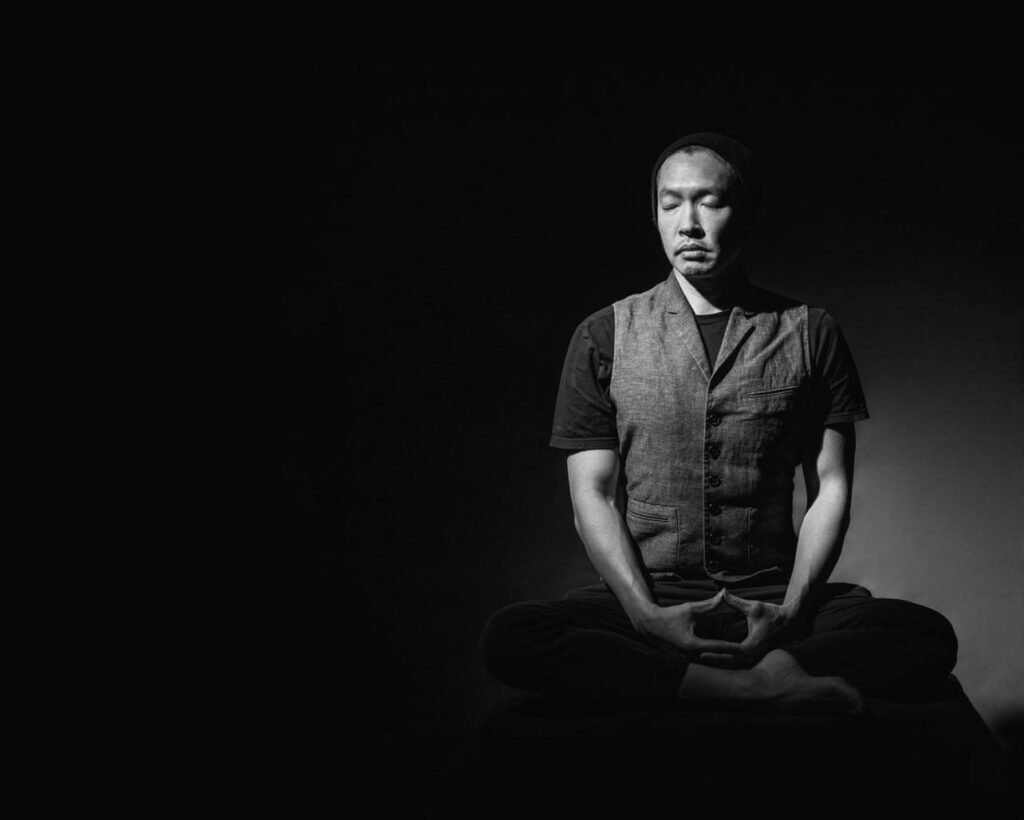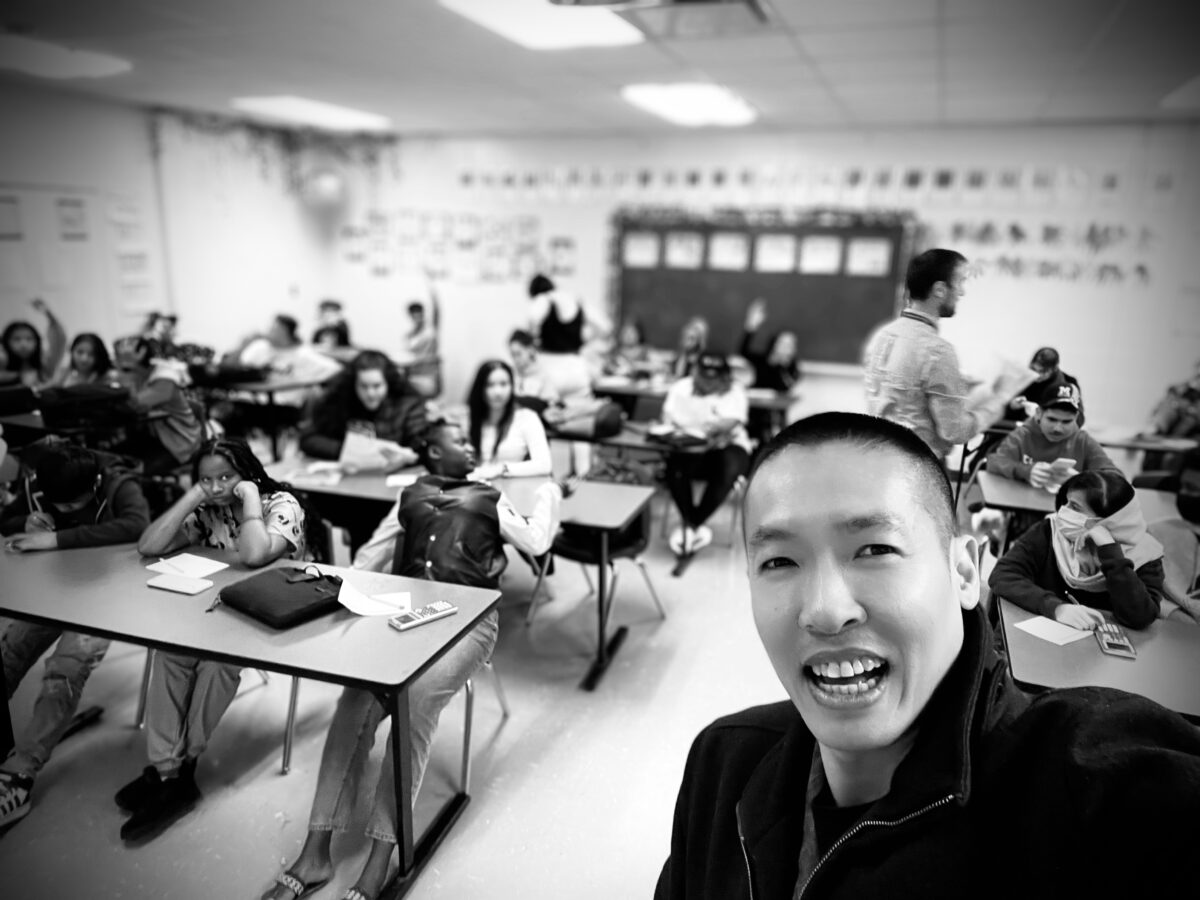Di Tran’s upcoming book, “Drop the FEAR and Focus on the FAITH,” is set to be an insightful read for anyone struggling with self-doubt and fear. At 41 years old, Tran has learned to pay attention to his fears, both visible and invisible, and has developed a habit of self-checking that has helped him to overcome his shyness and become more confident in his abilities.
One of the key takeaways from Tran’s experiences is that nothing good is given to us, but rather everything good comes from earning it. This sentiment echoes the popular quote by Thomas Edison, “Opportunity is missed by most people because it is dressed in overalls and looks like work.” Tran understands that the road to success is often paved with failures, setbacks, and challenges, and that these obstacles are necessary for growth and development.

Tran also emphasizes the importance of enjoying the journey and savoring the process of achieving one’s goals. This idea is beautifully captured in a quote by author Paulo Coelho, who said, “The journey is the reward.” Tran encourages readers to take things in bite-sized portions, to eat slowly, and to appreciate every step of the way. He believes that it is in the sweat and tears of the journey that we find true celebration, rather than in the end result alone.
In his book, Tran will undoubtedly delve deeper into these concepts, providing readers with practical tools and strategies for overcoming fear and embracing faith. His own experiences, as well as the wisdom of other great thinkers, will serve as a guide for readers on their own journeys towards self-discovery and personal growth.
Di Tran’s upcoming book, “Drop the FEAR and Focus on the FAITH,” promises to be a powerful resource for anyone struggling with fear and self-doubt. With his emphasis on earning success through hard work, enjoying the journey, and celebrating the process, Tran provides a refreshing perspective on what it means to truly achieve greatness. I look forward to reading his book and applying his insights to my own life.


























